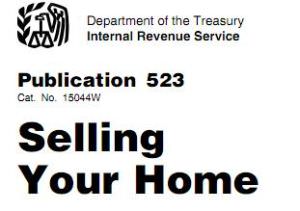
Excluding Gain
Did you know you may be able to “exclude the gain from income if you have owned and used your home as your main home for two years out of the five years prior to the date of its sale” or that you may also exclude up to $250,000 (500,000 if joint) on the gain of your sale, as well? This exclusion does not apply “if you excluded the gain from the sale of another home during the two-year period prior to the sale of your home.” However, according to the IRS article, “if you can exclude all of the gain, you do not need to report the sale on your tax return” and “if you have a gain that cannot be excluded, it is taxable” and must be reported. Also, you can exclude gain only on the sale of your main home, which if you have multiple properties, is considered to be the home where you live “most of the time.”
First Time Homeowners
Are you aware that your home needs to remain as your main residence for 36 months if you use the first-time homebuyer credit to retain the tax benefits? If you move prior to that, the full credit amount will need to be repaid “with the income tax return for the year the home ceased to be your principal residence” as credited amount will be seen as an additional tax on that year’s tax return.
Home Sales and Moving Note
Another item to note is that a loss from the sale of your main home is not deductible. You can, however, use IRS Publication 523, Selling Your Home, to help you figure the adjusted basis on your sold home. One more thing! If you move,
don’t forget to update your address with the IRS and the U.S. Postal Service so that you don’t miss out on any correspondence from the IRS regarding your taxes or the sale of your home. For specific details from the quoted article, please click here.